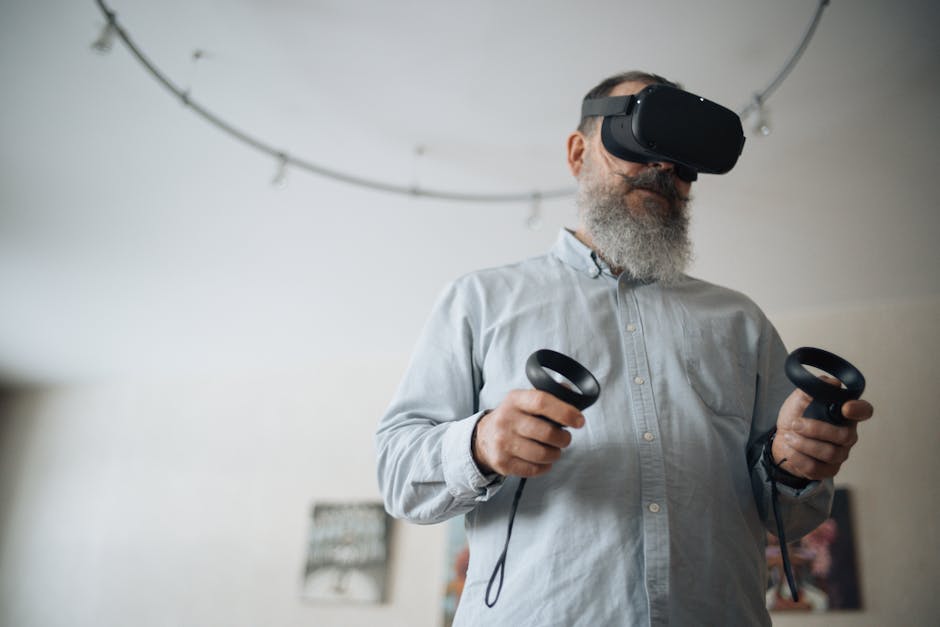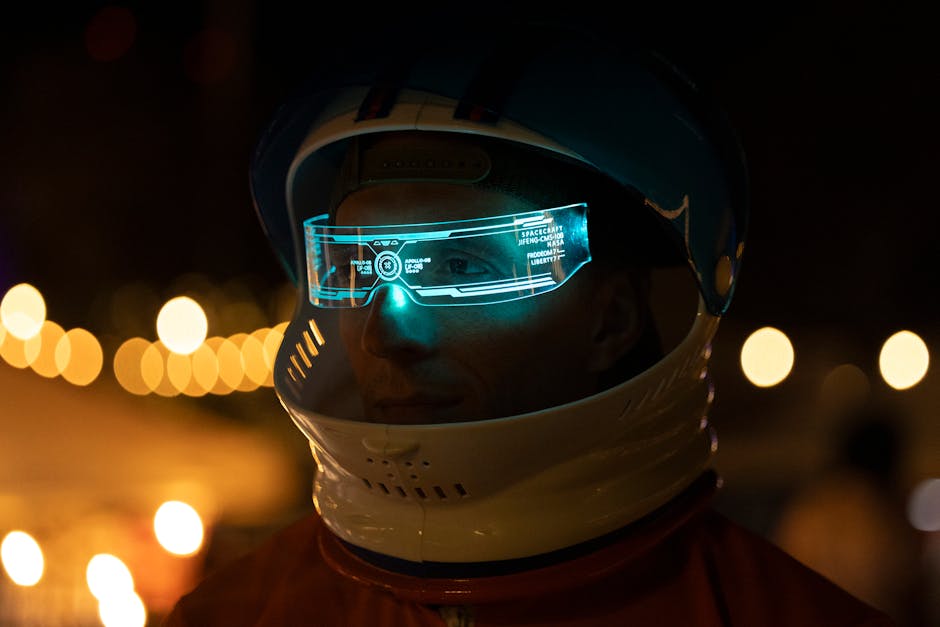Exploring New Advances in Vision Science
Have you ever wondered how we see the world around us? Vision science is a fascinating field that investigates how we perceive light, color, and movement. Recent advances are changing our understanding of sight and even how we treat vision problems. Let’s dive into these exciting developments!
What Are the Latest Breakthroughs in Vision Science?

In the last few years, researchers have made significant strides in vision science. They are using new technologies to understand how our eyes and brain work together. For example, scientists are exploring the role of the retina in vision. The retina is a thin layer at the back of the eye that captures light. This is where vision begins!
One groundbreaking discovery involves gene therapy. Scientists are testing ways to treat inherited eye diseases by correcting faulty genes. This approach aims to restore vision for people who have lost it due to genetic conditions. Imagine being able to see again after years of darkness!
How Does Artificial Intelligence Impact Vision Science?

Artificial Intelligence (AI) is transforming many fields, and vision science is no exception. Researchers are now using AI to analyze images from the eye and detect diseases early. AI can identify signs of conditions like diabetic retinopathy and age-related macular degeneration much faster than a human eye can.
For example, a recent study showed that AI systems could analyze thousands of retinal images in just a few minutes. This speed allows for quicker diagnoses and treatments. Early detection can prevent severe vision loss, giving patients a better chance to maintain their sight.
What Role Does Virtual Reality Play in Vision Science?

Virtual reality (VR) is not just for gaming. it’s also making waves in vision science! Researchers are using VR to study how we perceive depth and motion. By simulating different environments, they can observe how our visual systems adapt.
For instance, VR can help in rehabilitation for those with vision impairments. Patients can practice navigating virtual spaces, improving their spatial awareness and confidence. This innovative approach shows great promise in helping individuals regain their independence.
Can Technology Help Us Understand How We See Color?

Color perception is a complex process. Scientists are learning more about how our eyes detect colors and how our brains interpret them. Recent advances include using high-tech cameras to capture color in ways that the human eye cannot.
These cameras can help researchers study color blindness. By understanding how people with color vision deficiencies see the world, scientists can develop better tools and aids. For example, special glasses can enhance color contrast for those who struggle with certain hues.
- Color vision tests are evolving from simple charts to more complex assessments.
- New treatments may emerge to assist people with color blindness.
- Understanding color perception can lead to better lighting designs in buildings.
What Are Some Everyday Applications of Vision Science?
Vision science isn’t just about research in labs. it’s findings are impacting our daily lives in real ways. Here are some examples:
- Smart Glasses: Developers are creating glasses that can adjust tint based on lighting conditions. This helps reduce glare and eye strain.
- Telehealth: With advancements in technology, eye exams can now be conducted remotely. This makes eye care more accessible, especially in rural areas.
- Adaptive Technologies: Tools like screen readers and voice-activated devices are becoming more common. They help individuals with vision impairments navigate technology.
How Is Vision Science Addressing Common Misconceptions?
Many people have questions or misunderstandings about vision science. One common myth is that reading in dim light can damage your eyes. The truth is, while it may cause temporary strain, it won’t cause permanent harm.
Another misconception is that vision loss is a natural part of aging. While some changes occur as we age, many vision problems can be treated. Regular eye exams are essential to detect issues early.
What Are the Future Directions for Vision Science?
The future of vision science is bright! Researchers are excited about the potential of combining different fields. For instance, merging neuroscience with vision science could lead to new treatments for conditions like amblyopia, commonly known as lazy eye.
They are also exploring the use of nanotechnology to deliver drugs directly to the eye. This could enhance treatments for diseases like glaucoma and age-related macular degeneration.
Why Should We Care About Advances in Vision Science?
Advances in vision science can change lives. Improved treatments mean more people can enjoy the world clearly. From children to seniors, everyone can benefit from better vision care.
Moreover, understanding how we see can enhance industries like design, gaming, and virtual reality. The impact of vision science stretches far beyond eye health; it influences technology and creativity.
How Can You Stay Informed About Vision Science?
Staying updated on vision science is easier than ever. Follow reputable websites and organizations dedicated to eye health. Join communities that share the latest research and innovations.
Consider subscribing to newsletters from organizations like the American Academy of Ophthalmology or reading blogs that focus on eye health. Regular check-ups with an eye doctor can also keep you informed about your own vision health.
Conclusion: Embrace the Future of Vision Science
Vision science is an exciting and rapidly evolving field. With advancements in technology, we can expect improvements in eye care and understanding how we see. Whether through AI, gene therapy, or virtual reality, the future looks promising.
Take action today: schedule your next eye exam, and stay curious about how vision science can enhance your life. The world is waiting to be seen!
For more information on eye health, visit the American Academy of Ophthalmology. You can also check out our related article on the importance of regular eye exams to ensure your vision stays sharp!



